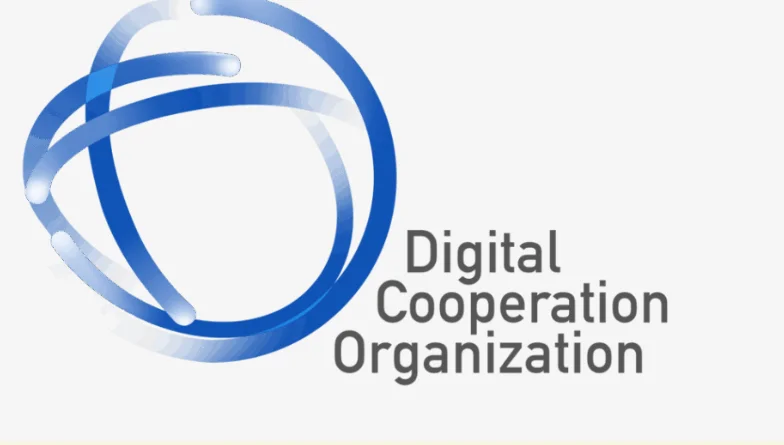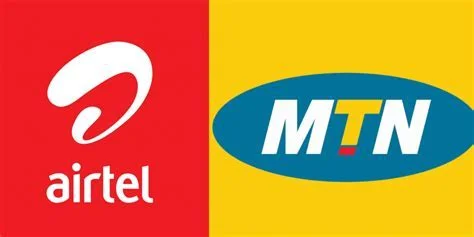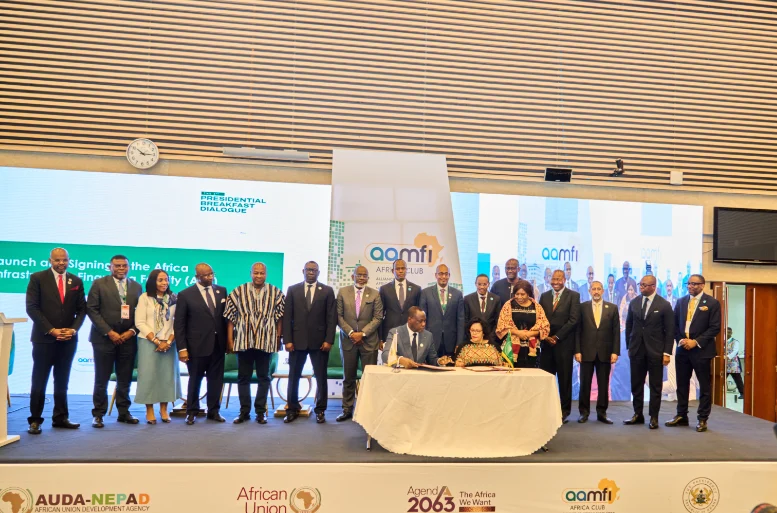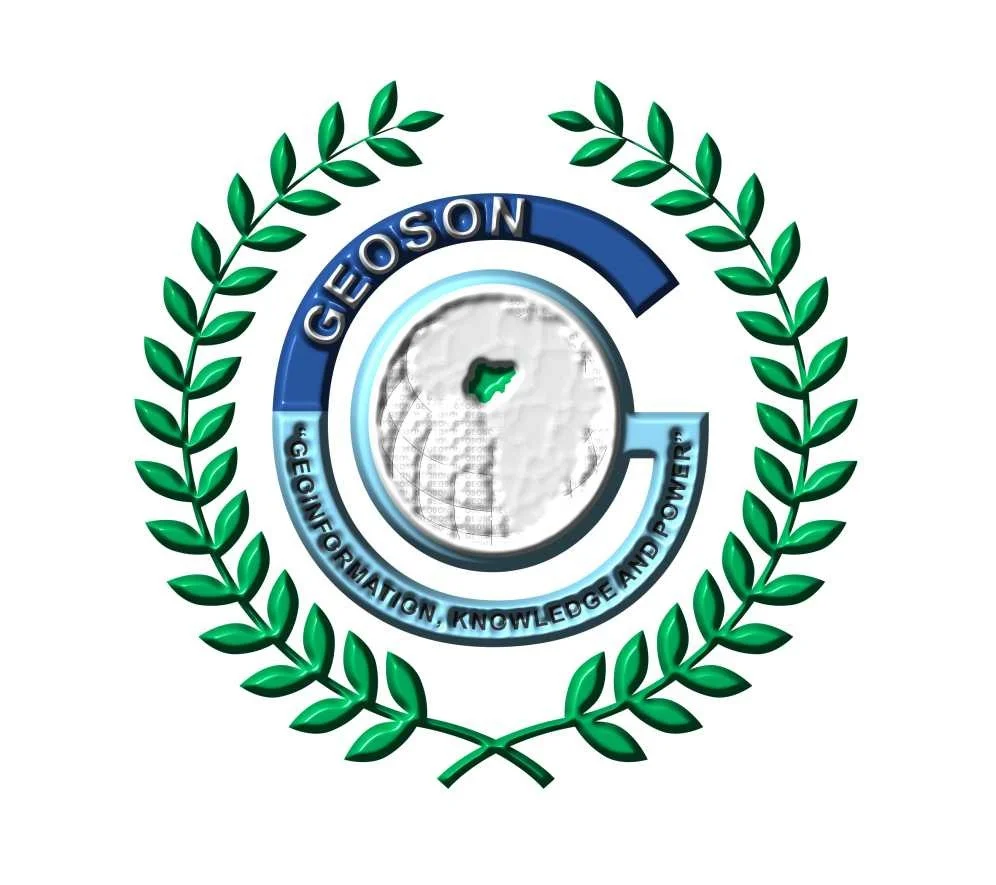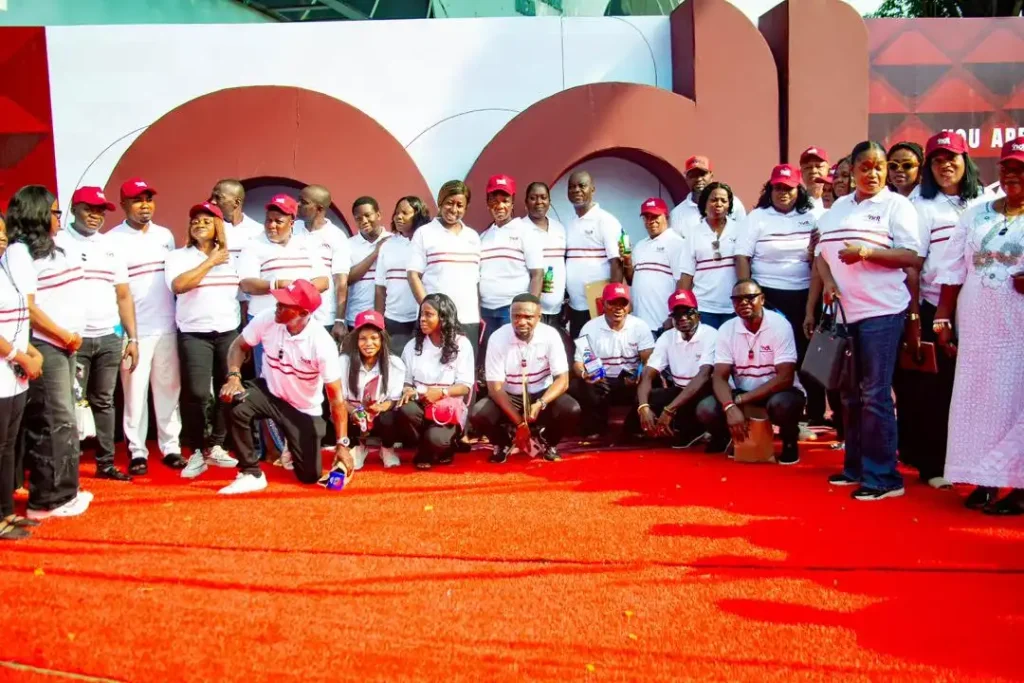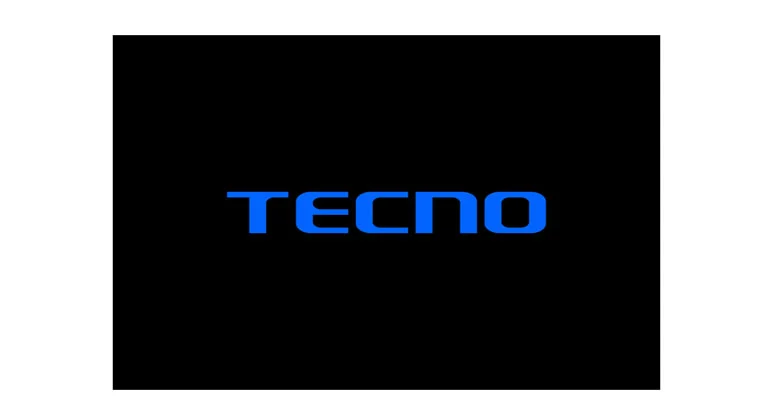Nigeria’s participation in the Digital Cooperation Organisation (DCO) is set to boost digital trade, innovation, and economic growth. During its first session, the DCO unveiled the Model Digital Economy Agreement (MDEA), a landmark framework designed to create interoperable rules for digital trade across member nations.
What is the Model Digital Economy Agreement (MDEA)?
The MDEA serves as a rulebook for digital trade and covers 12 key policy areas, including:
- Trade facilitation
- Cross-border data flows
- Cybersecurity
- Artificial intelligence (AI)
- E-transactions
- Digital payments
- Small business inclusion
According to the DCO, adopting and implementing the MDEA could generate $2.1 billion in additional intra-DCO digital trade annually, particularly in digitally delivered services. The benefits are expected to expand further into digital goods and other sectors.
DCO Member States
The Digital Cooperation Organisation is made up of 16 member countries across Africa, Asia, the Middle East, and Europe. These include:
Bahrain, Bangladesh, Cyprus, Djibouti, The Gambia, Ghana, Greece, Jordan, Kuwait, Morocco, Nigeria, Oman, Pakistan, Qatar, Rwanda, and Saudi Arabia.
Founded in April 2021, the DCO aims to promote collaboration on entrepreneurship, innovation, digital inclusivity, and youth empowerment.
Objectives of the DCO
The DCO is committed to:
- Accelerating cooperation in the digital economy
- Creating unified standards and regulations for cross-border trade
- Empowering youth, women, and entrepreneurs
- Driving economic growth through innovation and digital inclusivity
- Establishing strong infrastructure and policies for equitable digital economies
Through dialogue and shared legislation, the DCO is building a foundation for member nations to leapfrog into a more inclusive digital future.
What DCO Membership Means for Nigeria
As Africa’s fastest-growing tech ecosystem, Nigeria stands to benefit greatly from DCO membership:
- Investment boost: Alignment with MDEA standards can attract foreign investors while safeguarding data protection and consumer rights.
- Cross-border growth: Nigerian fintechs, startups, and SMEs can expand seamlessly across 15 other member states under harmonised rules.
- Global competitiveness: By embracing digital standards, Nigeria can accelerate its influence in AI, fintech, and innovation.
Governance and Headquarters
The DCO’s permanent headquarters is in Riyadh, Saudi Arabia. Its supreme authority is the Council, comprising representatives from each member state’s Ministry of Communications or equivalent body. Chairmanship rotates periodically among member representatives, ensuring balanced leadership.
Conclusion
Nigeria’s membership in the Digital Cooperation Organisation is a strategic step toward unlocking billions in digital trade and strengthening its position as a leading tech hub in Africa. With the MDEA as a framework, Nigeria’s digital economy is poised for accelerated growth, cross-border opportunities, and stronger global integration.

